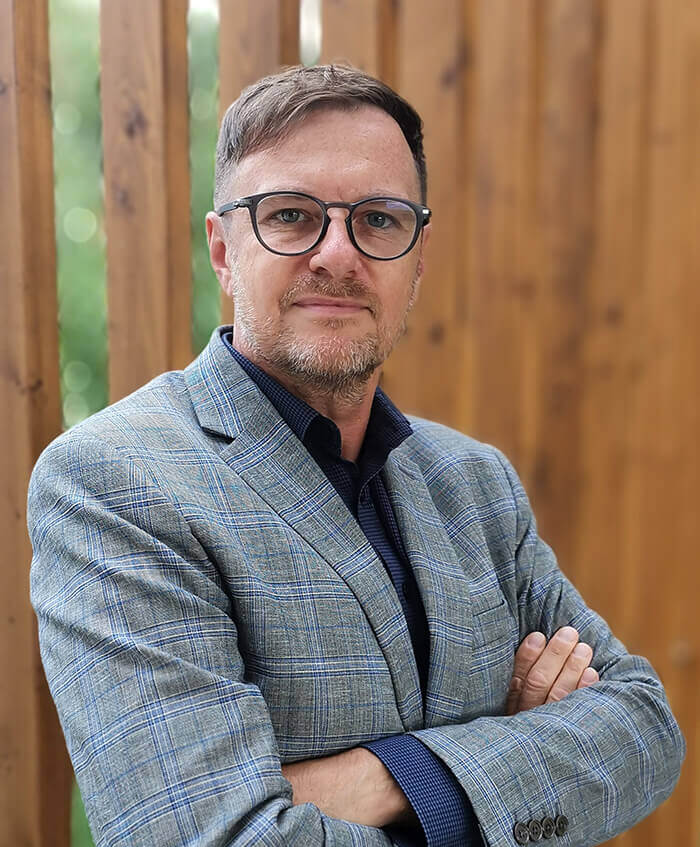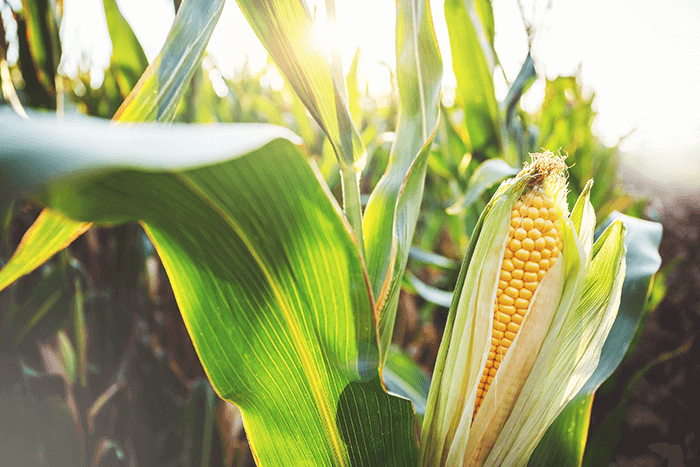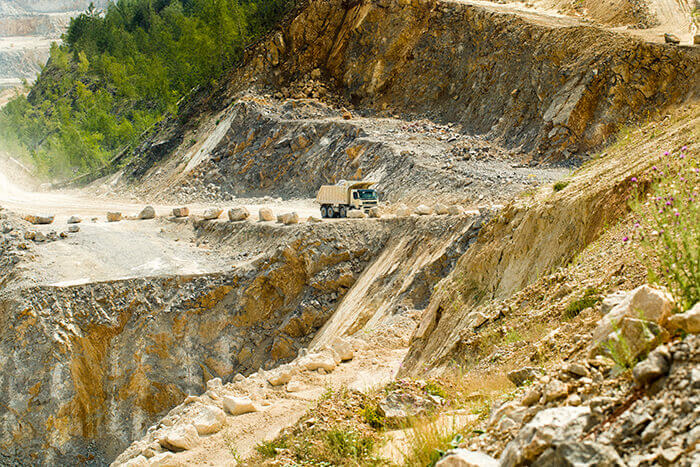Nordkalk has been present in Poland for 24 years. The company has limestone deposits in the vicinity of Sławno (Owadów-Brzezinka) and Miedzianka, and a grinding plant in Wolica. It is one of the largest suppliers of lime for agriculture in Europe which apart from Poland also operates in Scandinavia, the Nordic countries, the Baltic states, Ukraine, Germany, Russia and Turkey.

Lime and sustainable food production
Thanks to the use of carbonate lime, soil microorganisms are activated and their effectiveness in shaping fertility and health of the soil is improved. The processes of mineralization of organic matter are more intensive and the provision of nutrient elements to plants, the formation of soil humus, the formation of a crumbly structure of soil, limiting the development of pathogens and enzyme activity are carried out efficiently. The use of fertilizer lime effectively protects plants from the toxic effects of manganese, aluminum and heavy metals. Its use improves the circulation of carbon, nitrogen and sulfur, ensuring a good supply of these ingredients to plants. It maintains a high level of bioavailability of phosphorus, potassium, magnesium and most microelements. Well nourished with calcium, the plant has a strong and compact structure that protects against the ingress of pathogens. In addition, only soil with an optimal pH gives a chance for the development of pasture sward rich in a number of nutritious herbs and species of noble grasses necessary for the proper development of animals.
New EU regulations from 2023 require Polish farmers to adapt to the requirements of reducing nutrient losses by 50% while maintaining soil fertility. This may mean a reduction in fertilization by 20%, and pesticide consumption by up to 50%. The use of lime in agriculture is one of the most productive and economically effective ways for Polish farmers to implement these goals.
– says Michał Wojciak, Sales Manager for Agricultural Sector at Nordkalk.
Soil fertility in Poland
Under our climatic conditions, soil acidification is a natural and continuous process. 90% of Polish soils are made of acidic sedimentary rocks. In addition, especially in the autumn and winter months, there is a predominance of precipitation over evaporation and there exists an intensive leaching of calcium and magnesium cations, responsible for stabilizing the acidity, into the soil profile. These are the natural causes of the progressive acidification of our soils.
This process is additionally aggravated by anthropogenic factors. The industry releases gases like ammonia, sulfur dioxide or nitrogen oxides into the atmosphere. These gases are responsible for the occurrence of acid rain. Farmers who intensify production also have a negative contribution to this process. This applies in particular to the use of acidifying mineral fertilizers and removing basic (alkaline) components from fields along with the crops. As a result, in Poland the share of acidic and slightly acid soils requiring intervention is nearly 50%. It is important to increase its fertility by taking care of the proper circulation of matter – the nutrients. Dead soil does not have the correct ability to store water. Only soil with an appropriate crumbly structure, high humus content and regulated pH can retain the maximum amount of water.

Water from the rain is available for a short time after precipitation. Later, the plants can only use the soil reserves. Regular liming helps to create optimal air-water relations in the soil. Liming and increasing the content of humus in the soil helps farmers in counteracting the effects of drought and allows them to maintain a high yield potential of the soil.
– emphasizes Michał Wojciak.
Therefore, looking at the changing climate and hydrological situation of the country, the first agrotechnical treatment, before all others, should be providing the soil with effectively acting calcium from calcium fertilizers. By using a relatively easy and cheap method of soil regeneration, which is liming, one can significantly contribute to proper water management in the region while increasing soil fertility.
Human health and environmental protection
The effects of liming for human health cannot be overestimated. Lime blocks the effects of harmful heavy metals that negatively affect health and cause a number of diseases as a result of their accumulation in human body. That is why sustainable agriculture, along with care for maintaining soil fertility, focuses on providing healthy, high-quality food and protecting the environment.
Nordkalk supplies its products for the sugar industry, fodder production industry and for farmers. In the sugar industry, the milk obtained from the calcining of limestone is used to clean the thin juice from impurities, thanks to which we obtain beautiful and shiny crystals of sugar.

Limestone used in the fodder production industry, as well as one directly used by farmers, is commonly called chalk fodder and is an excellent source of easily digestible mineral calcium. Calcium is the basic building ingredient for bones and is necessary for the proper functioning of livestock organisms.
Most often, however, farmers deal with lime in the form of calcium fertilizers. These are mainly crushed loose lime, ground loose lime, as well as – very often chosen by farmers – granulated lime products. The use of calcium fertilizers on a farm is a key element of agriculture, having a direct impact on the production of high-quality, healthy agricultural products, environmental issues and farm economics.
Profitability of agricultural production
Pro-environmental and health-promoting functions of calcium are not everything. Agricultural production, in order to be effective, should also be profitable for the farmers themselves.
Our experience shows that with very small expenditures at the level of PLN 140 per year per ha, due to the improvement of soil parameters, farmers can achieve yields higher than a dozen to several dozen percent than before. This means that investing in liming currently has one of the highest investment return rates, as for a farm.
– says Michał Wojciak.
Analyzing only economic aspects, the lack of liming at pH 4.5 means a real decrease in the absorption of NPK fertilizers, which reaches up to 65 to 80%. Under these conditions, on one hectare of wheat plantation, as a result of abandoning deacidification, the farm loses about PLN 860 due to the decrease in the bioavailability of the fertilizing potential, and additionally, as a result of the drop in yield, at least another PLN 800 or more.

Lime is everywhere
Nordkalk’s products are 100% natural, and in the mining, grinding and packaging processes we use the principles of a circular economy, which minimizes production waste as much as possible. The company is ISO 14001, ISO 45001, ISO 9001 and GMP+ certified. Special emphasis in these standards is placed on sustainability. It is understood in many ways; starting from the digging of the raw material, through production process, to the use of the products. No industrial wastewater is generated in the production of fertilizers, thanks to which the quality condition of surface waters is maintained. The production of fertilizers is waste-free, carried out in accordance with the principles of “zero waste”.
The text was written in cooperation with Nordkalk, which is a member of our Association.
